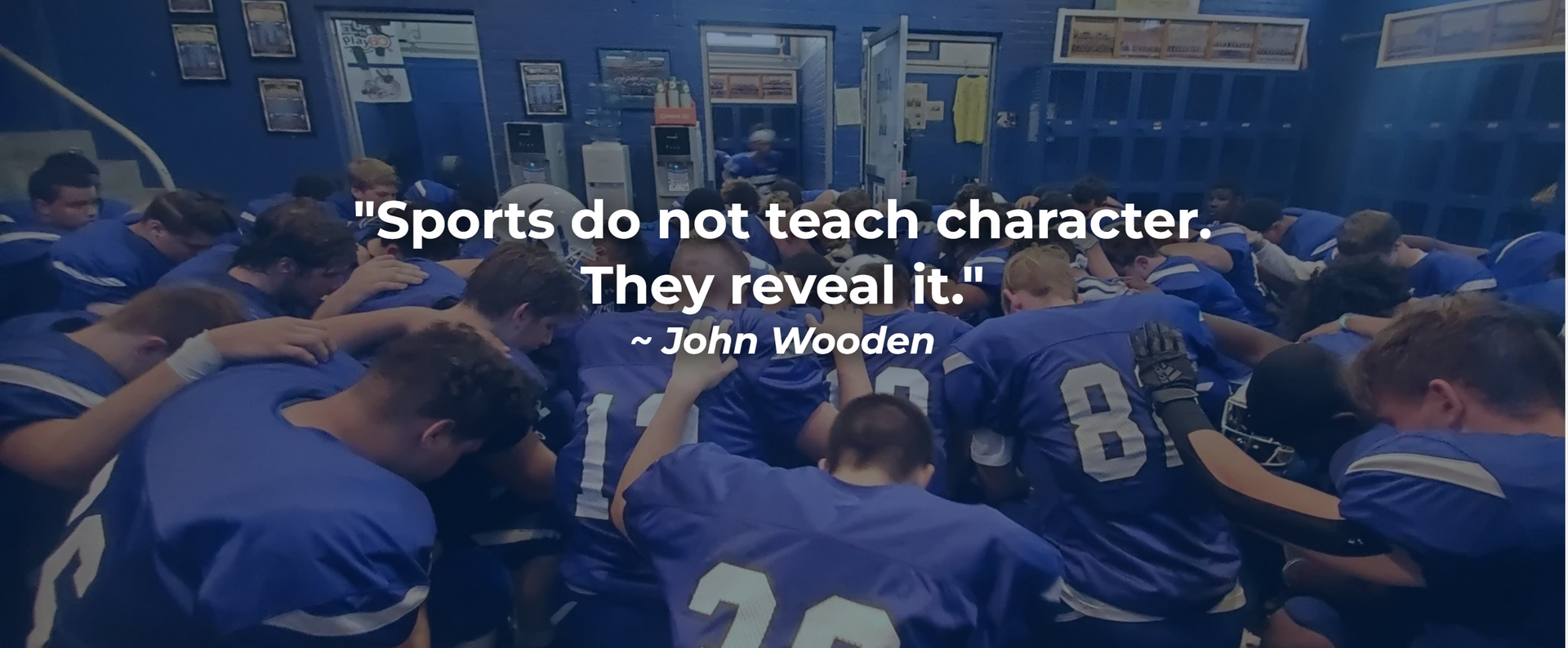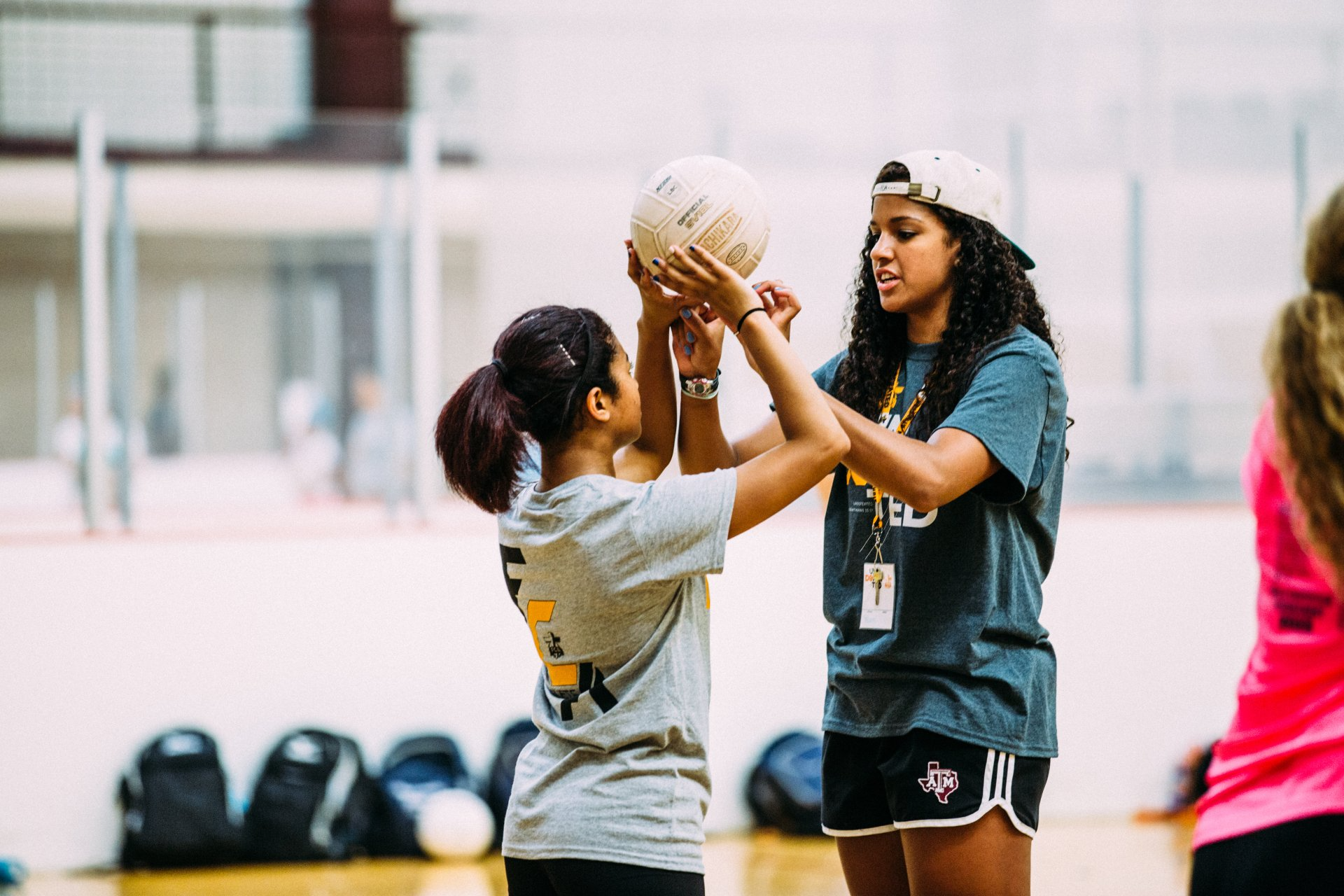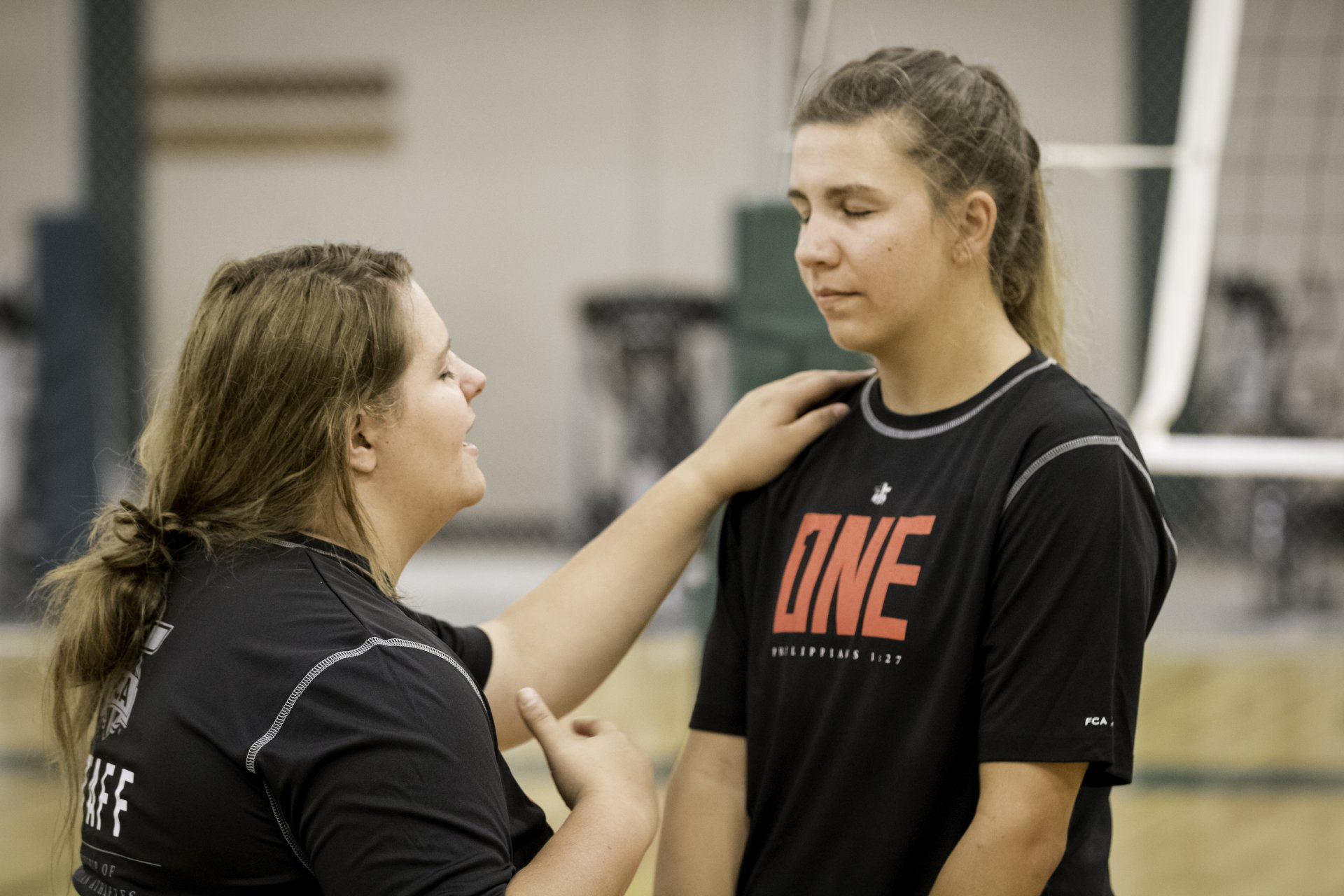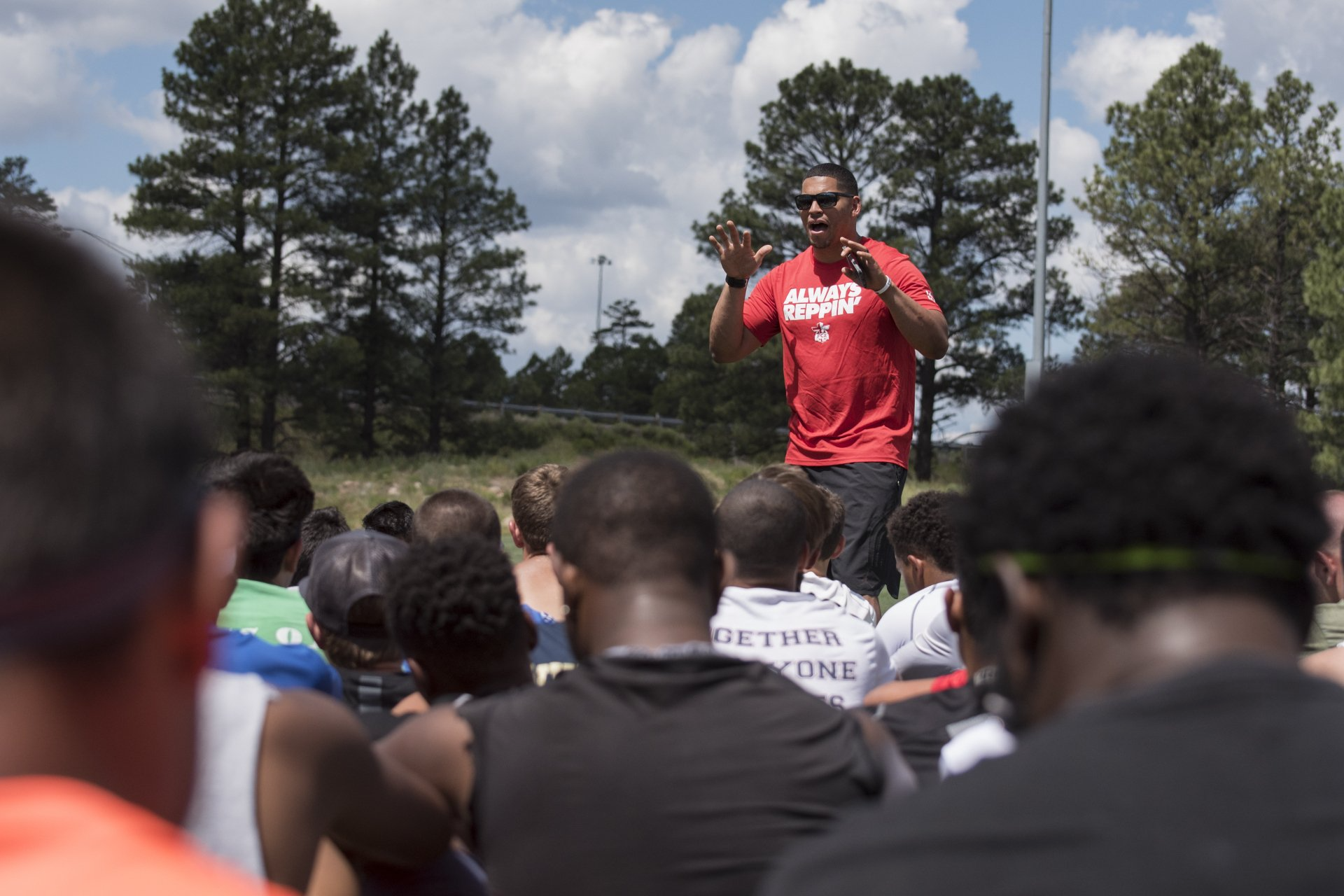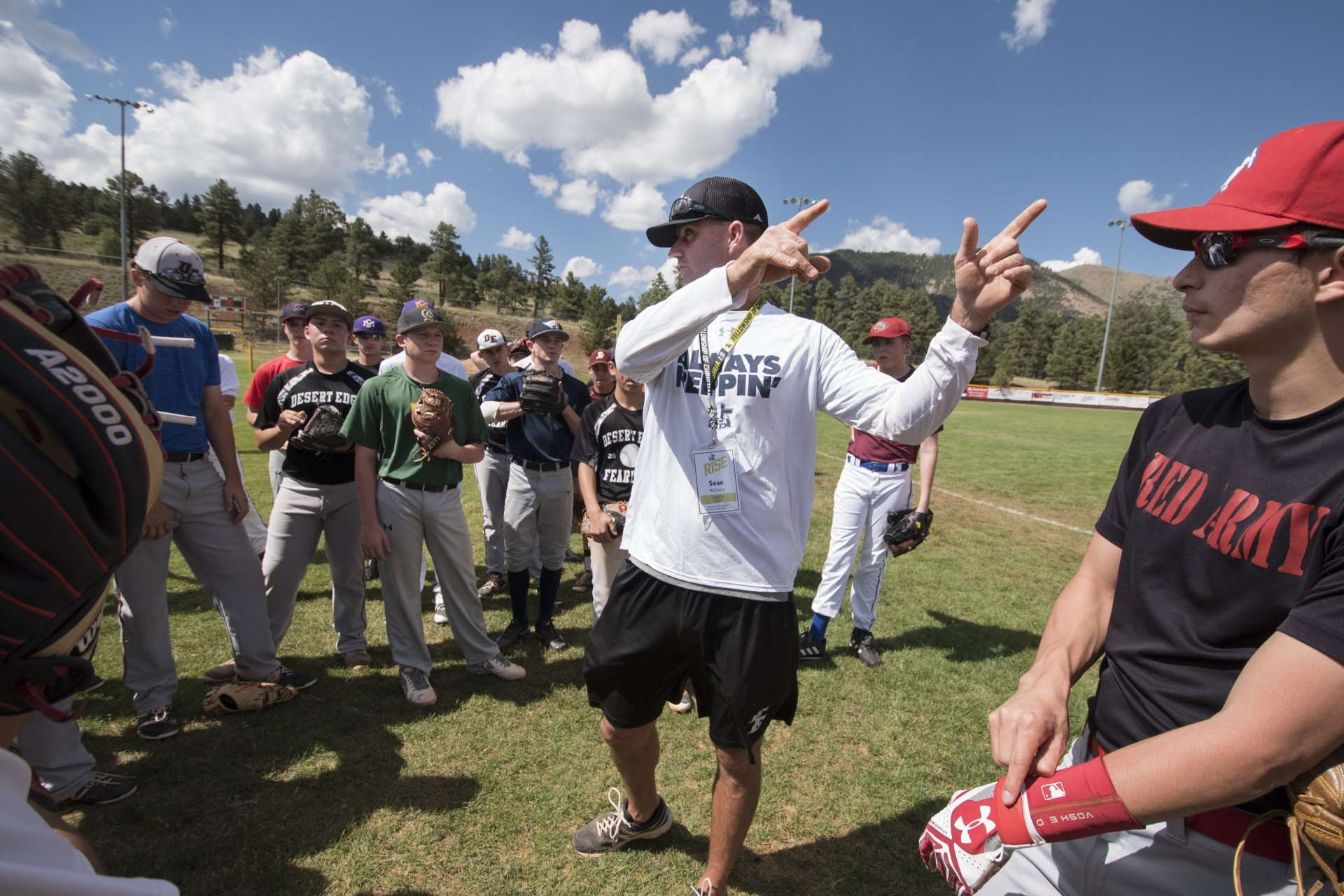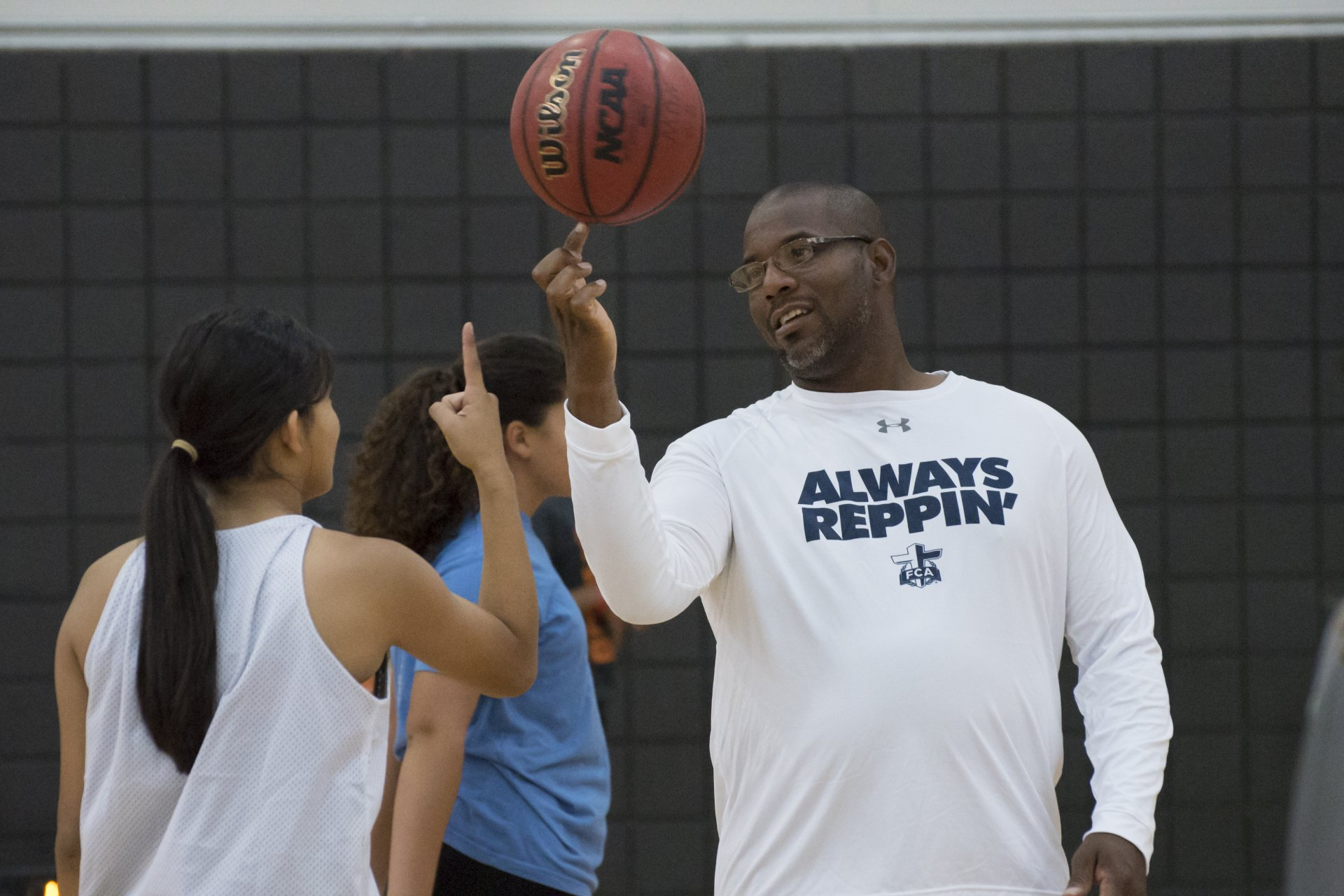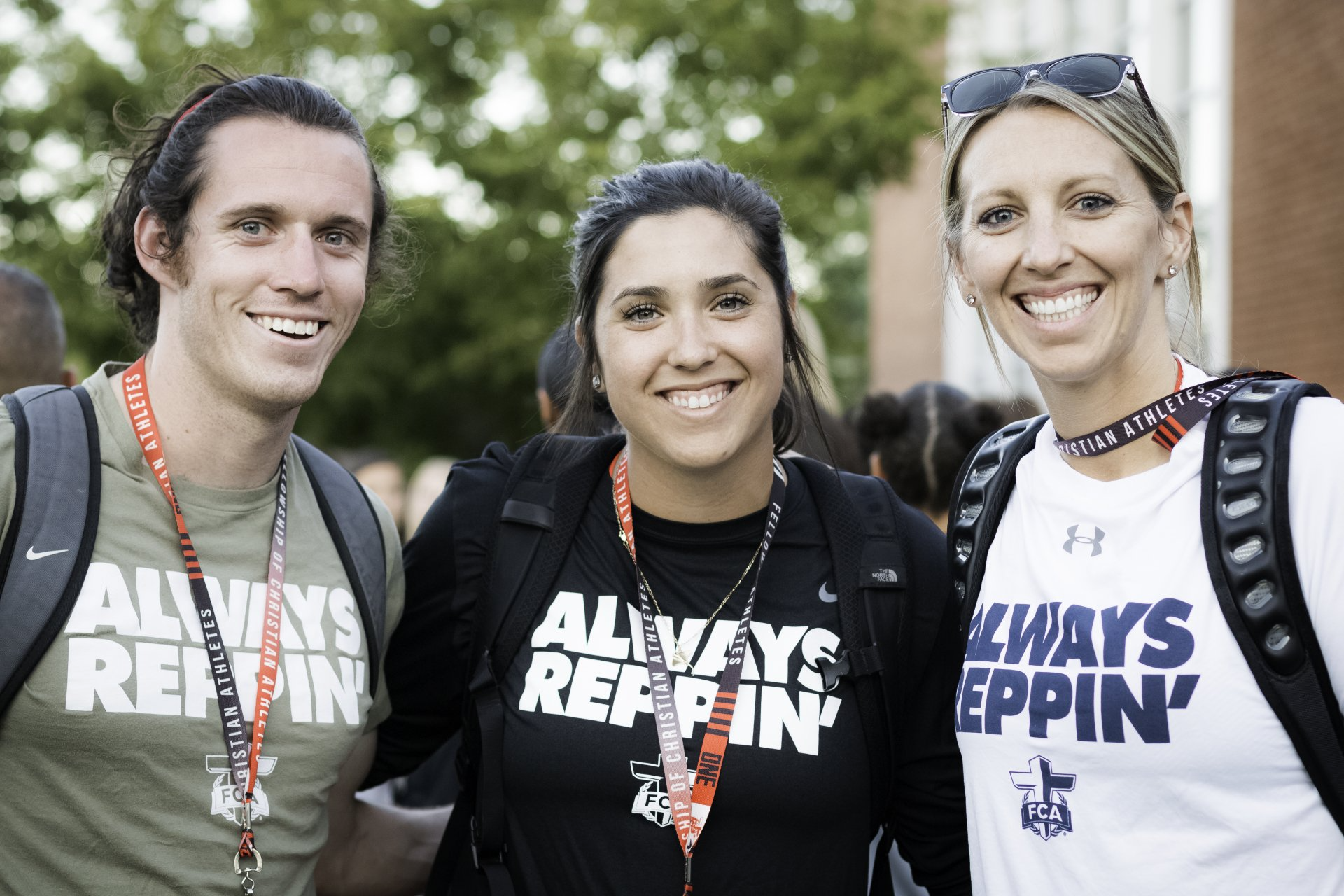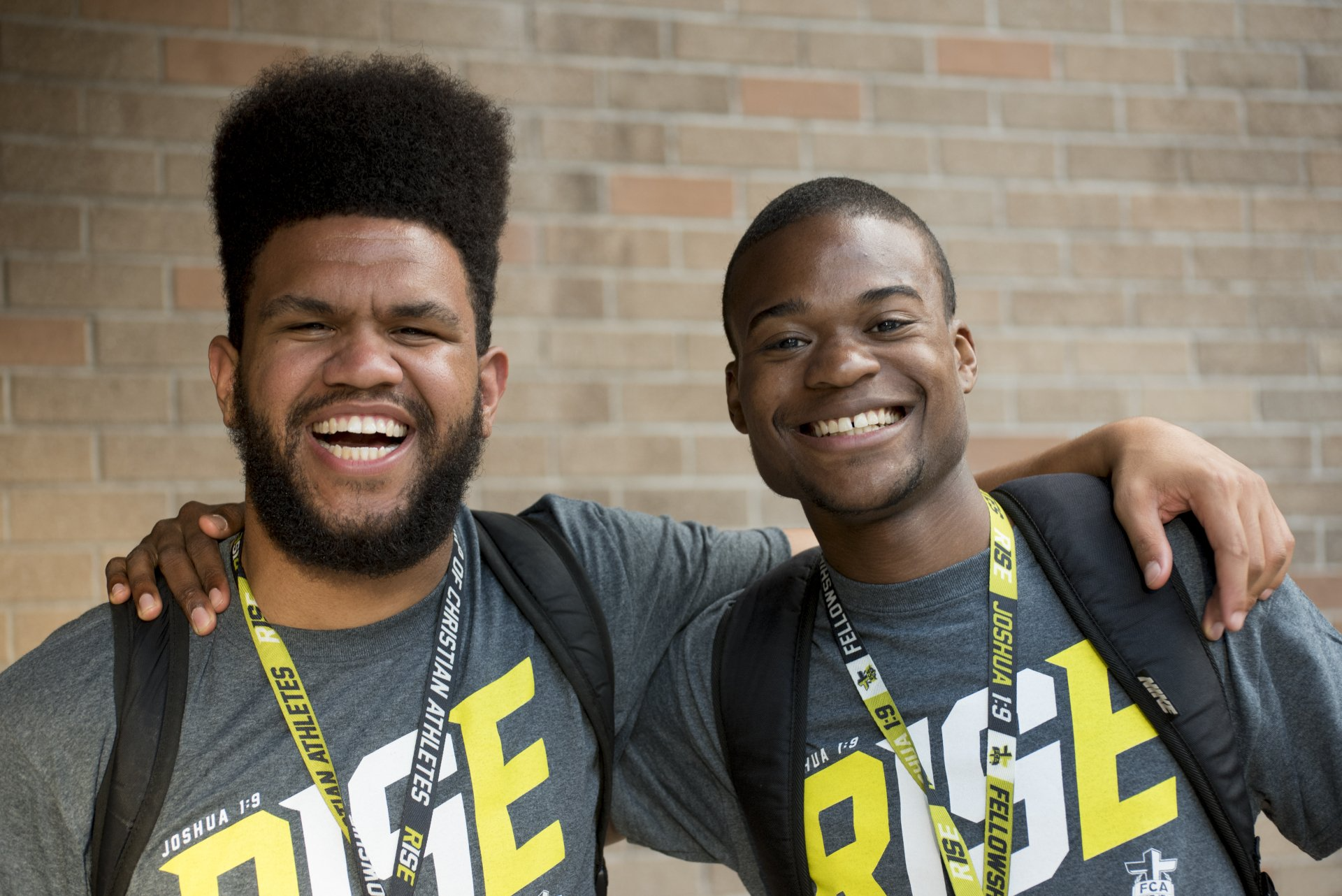Become A Character Coach
One of the most important roles coaches play in preparing players for competition and life is to give them a chance to develop good character.
We expect a game plan for coaching the X’s and O’s of our sport. What isn’t always clear is how to coach character. Over time we have seen an ever-growing gap develop between coaching the fundamental aspects of a specific sport and the development of quality character. Character Coaches exist to fill this crucial gap in developing the complete athlete.
Join TeamFCA
To see the world transformed by Jesus Christ through the influence of coaches and athletes.
Character Coach
vs
Chaplain
When discussing the role of a Character Coach it is important to know the difference between a Character Coach and a Chaplain. Both roles are critically important but distinctively different. Which role you play with a team is determined by the audience. When it comes to using sports to reach out youth, Character Coaching is the ultimate "stand-in-the-gap" position you could ever imagine.
Becoming a Character Coach
Character Coach Essentials
JOIN THE TEAM
Order the latest FCA gear, bibles, and resources at the all new FCAGear.com
Learn More
Discover all of our Opportunities to Serve the Community
Team FCA offers many opportunities in the U.S. and around the world. We are looking for diverse, high impact leaders who are called to SEIZE a life of significance, SHARE the love of Christ and SERVE through the lens of sports.
Area Director
The Area Director is responsible for growing FCA by praying and staffing the area through Ministry, Talent, Donor and Board Advancement. The Area Director works with staff and volunteers to fund and steward the finances of the ministry.
Area Representative
The Area Representative serves a local geographic area by engaging, equipping and empowering coaches, athletes and volunteers to fulfill FCA’s mission.
Volunteer
Volunteers may serve in various capacities in order to help FCA realize our vision. These roles are defined as either Volunteer Team Members or Volunteer Ministry Leaders. Volunteer Ministry Leader roles require a volunteer application and background check as part of the affirmation process.

